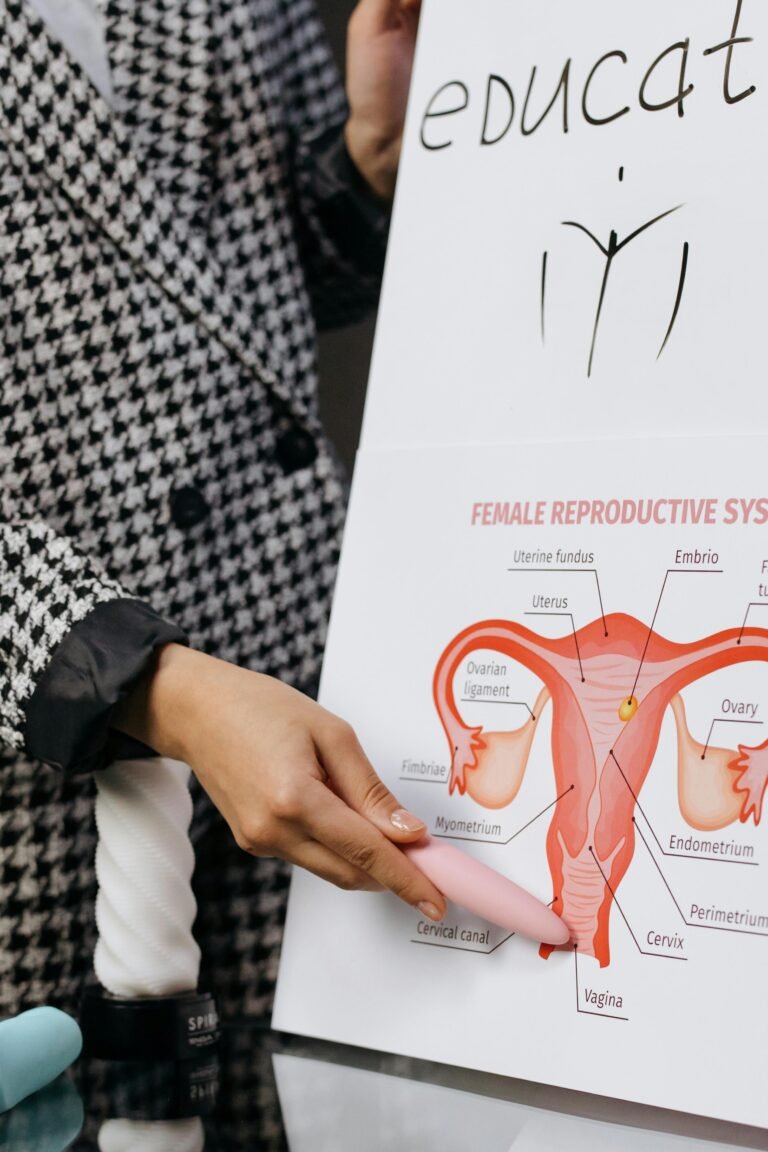Follow us and share.
Postpartum Care and Recovery: Essential Keys to Comprehensive Health

Physical Recovery After Childbirth
The postpartum period is a crucial phase in a mother's life, as the body undergoes significant changes and requires special care to fully recover from the birth of the baby. Whether the delivery was vaginal or by cesarean section, it is vital to give the body time to heal and adapt properly.
📌 Essential care after a natural birth:
- Maintain strict hygiene to prevent infections, using gentle cleaning products recommended by specialists.
- Perform gentle, targeted exercises that gradually strengthen your pelvic floor muscles, contributing to muscle recovery and preventing possible future complications.
- Eat a balanced diet rich in essential nutrients such as protein, iron, calcium, and vitamins to support physical recovery and ensure good breast milk production.
- Ensure constant and abundant hydration, as this also influences milk production and physical recovery.
📌 Essential care after a cesarean section:
- Closely monitor surgical scar care to prevent infection; follow medical instructions for cleaning, changing dressings, and using topical medications if necessary.
- Avoid strenuous physical exertion, especially lifting heavy objects, for the first six weeks or until directed by a doctor.
- Strictly follow medical recommendations regarding pain medication and specific mobility techniques to facilitate recovery.
- Perform gentle movements and exercises prescribed by professionals to gradually regain abdominal strength without compromising healing.
CDC – Recovery After Childbirth
Importance of Mental Health in the Postpartum Period
Emotional recovery after childbirth is just as essential as physical recovery. The postpartum period can be a time of joy, but also stress and anxiety due to hormonal fluctuations, physical changes, lack of sleep, and the new responsibilities associated with caring for a baby.
📌 Effective prevention and management of postpartum depression:
- Identify symptoms early, such as persistent sadness, constant anxiety, abrupt mood swings, excessive irritability, or feelings of detachment from the baby.
- Encourage open communication with your partner, family, and close friends to create a strong emotional support network.
- Seek the guidance of mental health professionals if symptoms are severe, persistent, or significantly affect daily life.
- Do not minimize feelings of sadness or anxiety and seek help immediately when you recognize worrying symptoms.
📌 Practical strategies to maintain emotional well-being:
- Establish daily routines that include regular rest periods and personal time, taking advantage of any available help to care for the baby.
- Incorporate gentle practices such as outdoor walks, postpartum yoga, or breathing and meditation techniques, which help reduce stress and promote emotional balance.
- Actively participate in support groups and local or virtual communities to share experiences and advice, and reduce feelings of isolation.
- Plan specific times for activities that generate pleasure and relaxation, thus strengthening emotional resilience.
When to Seek Medical Help
Recognizing early warning signs in the postpartum period is crucial to ensuring timely medical care, avoiding major complications, and facilitating effective recovery.
📌 Warning symptoms that require immediate medical attention:
- Heavy, persistent, or sudden vaginal bleeding that may indicate serious complications.
- Intense and continuous pain in the abdominal or pelvic area or in the surgical scar in the case of a cesarean section.
- High fever, chills, or clear symptoms of infection, such as a foul-smelling vaginal discharge or surgical wound.
- Sudden and extreme mood swings, persistent negative thoughts, hopelessness, or suicidal thoughts.
- Serious problems breastfeeding or mastitis (inflammation and infection of the breasts).
Appropriate medical follow-up and monitoring during this stage is essential to ensure a complete, healthy, and safe recovery for both mother and baby. Early detection and appropriate treatment of any physical or emotional complications make a significant difference in the quality of life postpartum.


